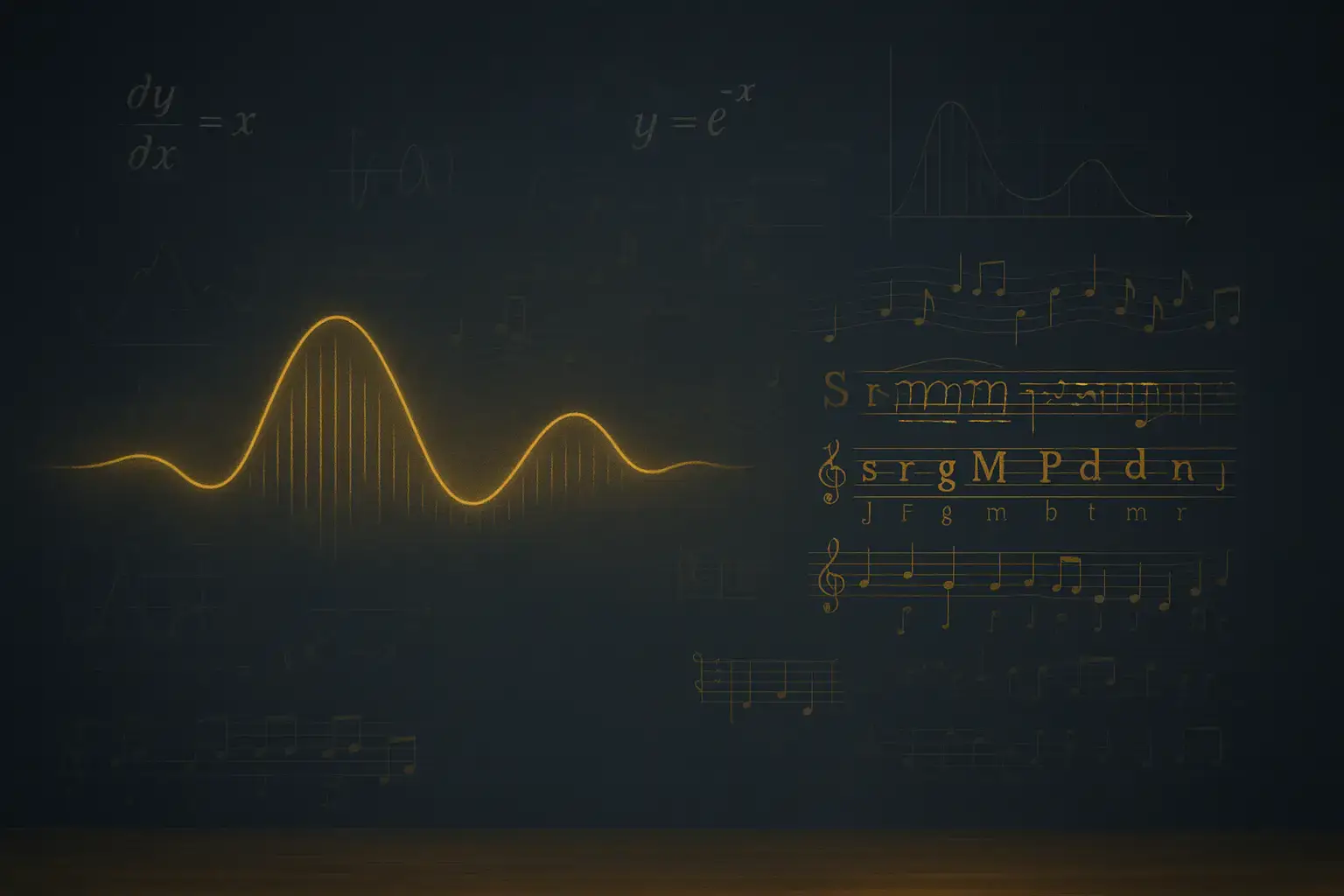
The Research Foundation
Our innovation is built on a decade of peer-reviewed research into the computational understanding of music.


The Science of the Singing Voice
Our technology isn't magic—it's the result of over a decade of dedicated research in Music Information Retrieval (MIR). The papers listed below, co-authored by our founders Dr. Gopala Krishna Koduri and Prof. Xavier Serra, represent the scientific bedrock upon which our company is built.
This body of work, from their time at the prestigious Music Technology Group (MTG) at Universitat Pompeu Fabra, Barcelona, delves deep into the computational analysis of Indian Art Music. It's this foundational research that allows us to understand melody, intonation, and rhythm with unparalleled precision, forming the core of our innovative products.
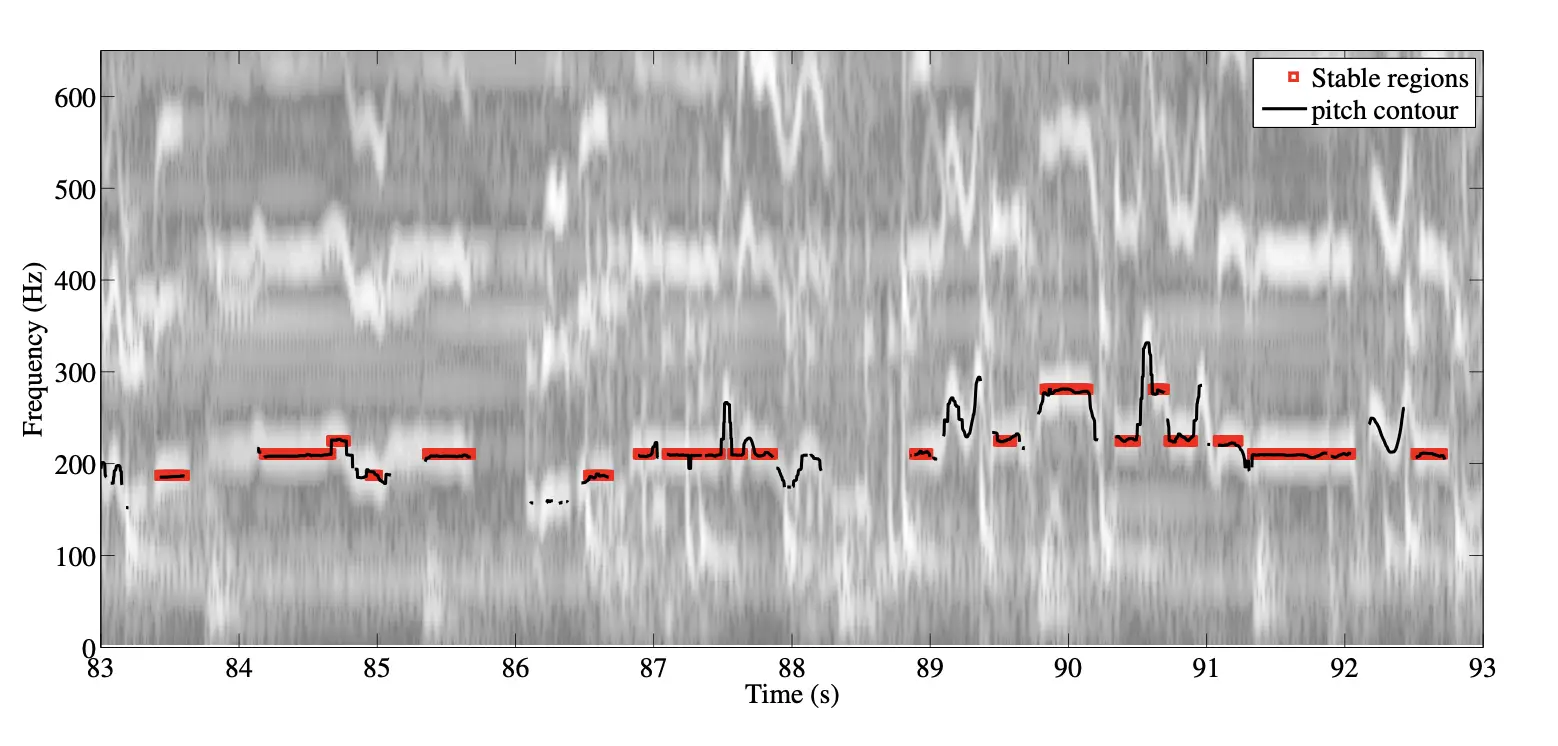
Rāga recognition based on pitch distribution methods
GK Koduri, S Gulati, P Rao, X Serra
Journal of New Music Research 41 (4), 337-350, 2012
Rāga forms the melodic framework for most of the music of the Indian subcontinent. Thus automatic rāga recognition is a fundamental step in the computational modelling of the Indian art-music traditions. In this work, we investigate the properties of rāga and the natural processes by which people identify it...
Cited by 77
View Publication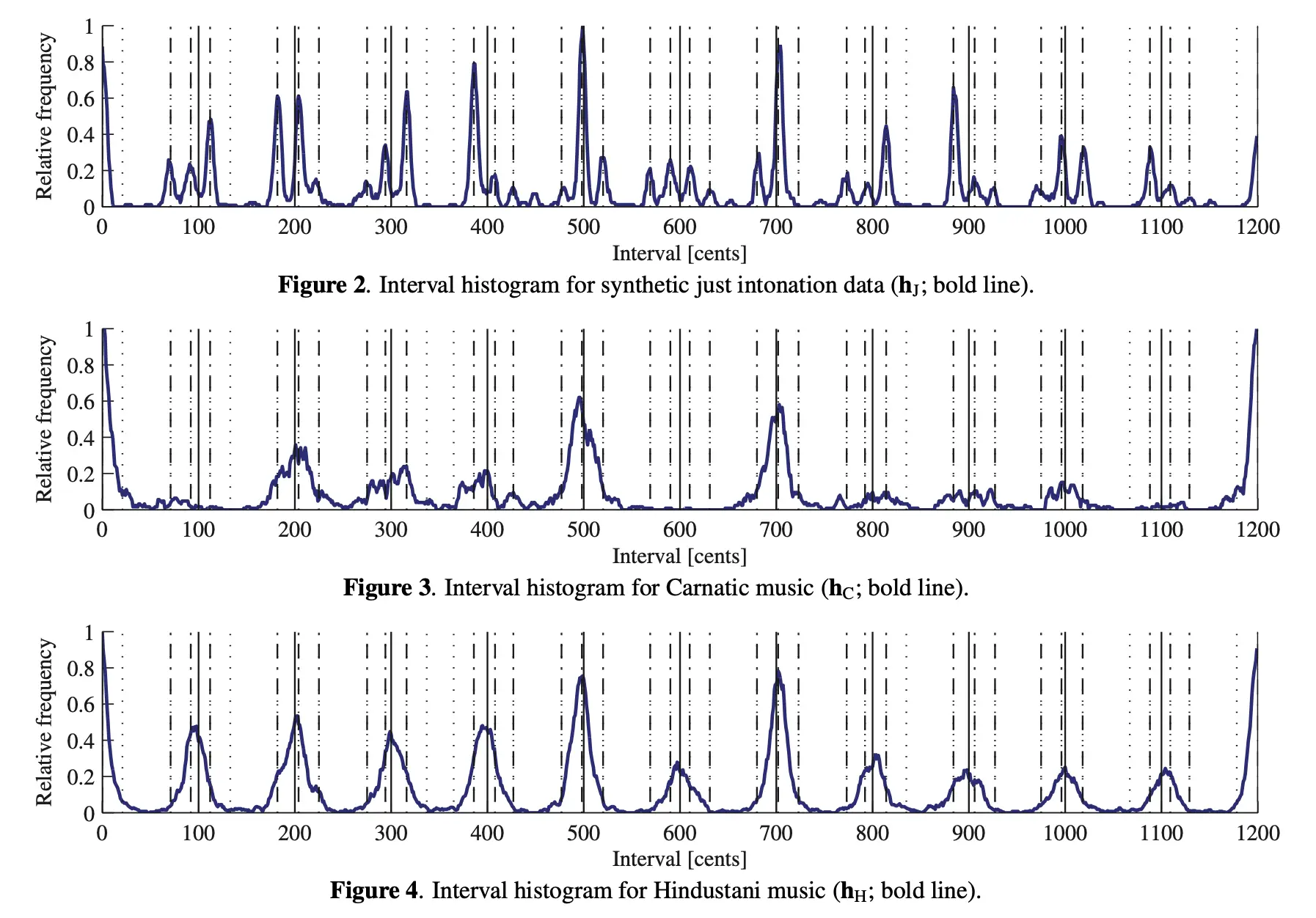
Assessing the Tuning of Sung Indian Classical Music
J Serra, GK Koduri, M Miron, X Serra
ISMIR, 157-162, 2011
The issue of tuning in Indian classical music has been, historically, a matter of theoretical debate. In this paper, we study its contemporary practice in sung performances of Carnatic and Hindustani music following an empiric and quantitative approach...
Cited by 72
View Publication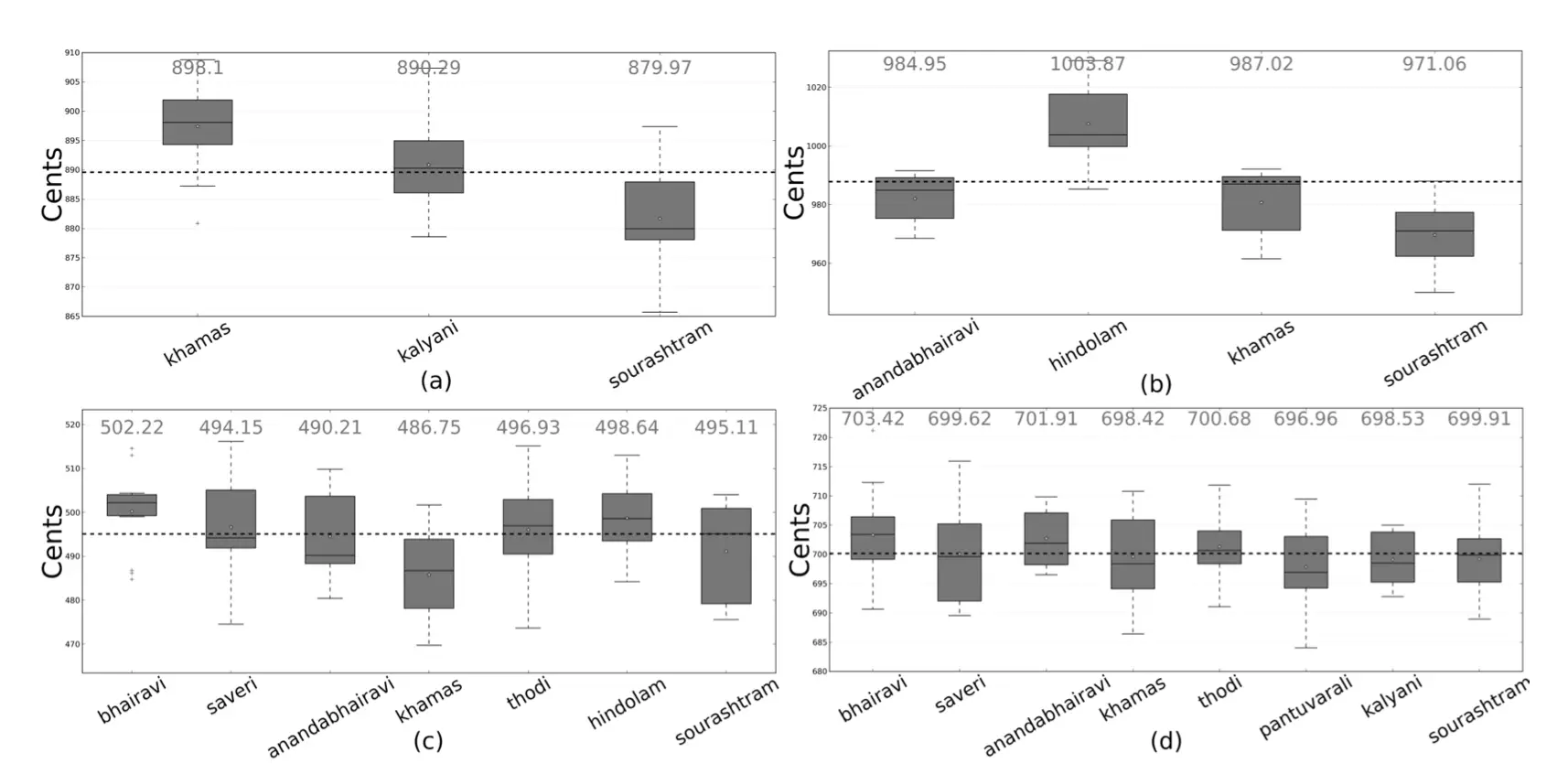
Characterization of Intonation in Carnatic Music by Parametrizing Pitch Histograms
GK Koduri, J Serrà, X Serra
ISMIR, 199-204, 2012
Intonation is an important concept in Carnatic music that is characteristic of a raaga, and intrinsic to the musical expression of a performer. In this paper we approach the description of intonation from a computational perspective...
Cited by 56
View Publication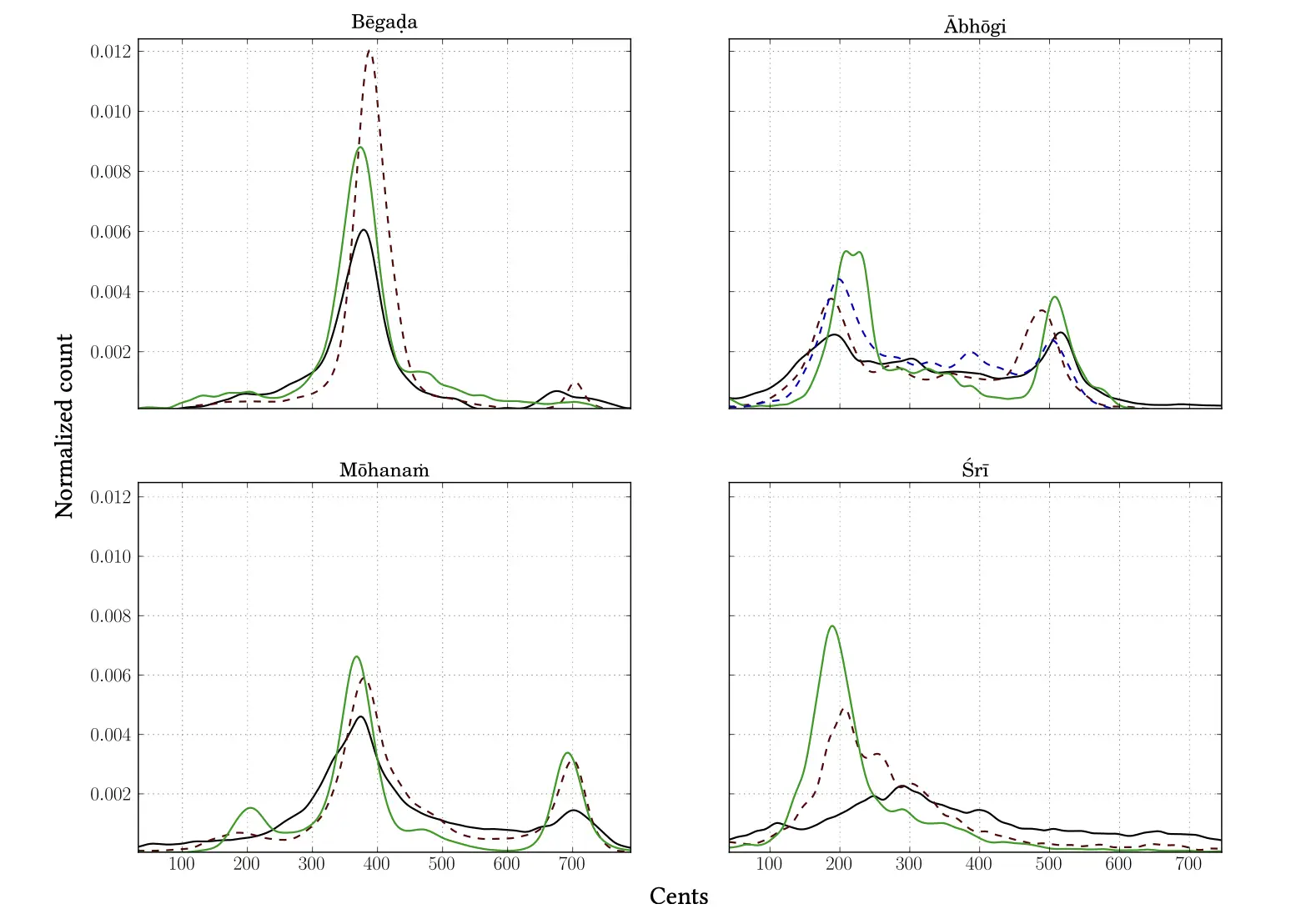
Intonation Analysis of Rāgas in Carnatic Music
GK Koduri, V Ishwar, J Serrà, X Serra
Journal of New Music Research 43 (1), 72-93, 2014
Intonation is a fundamental music concept that has a special relevance in Indian art music. It is characteristic of a rāga and key to the musical expression of the artist. Describing intonation is of importance to several music information retrieval tasks...
Cited by 54
View Publication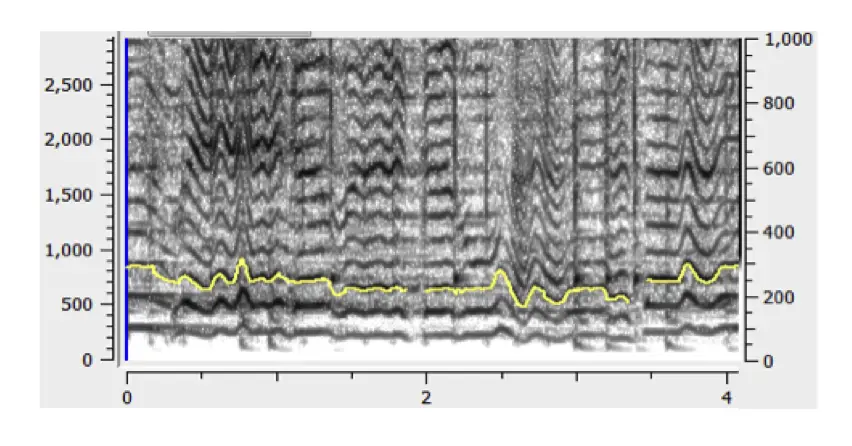
A survey of raaga recognition techniques and improvements to the state-of-the-art
GK Koduri, S Gulati, P Rao
Sound and Music Computing 38, 39-41, 2011
Raaga is the spine of Indian classical music. It is the single most crucial element of the melodic framework on which the music of the subcontinent thrives. Naturally, automatic raaga recognition is an important step in computational musicology...
Cited by 50
View Publication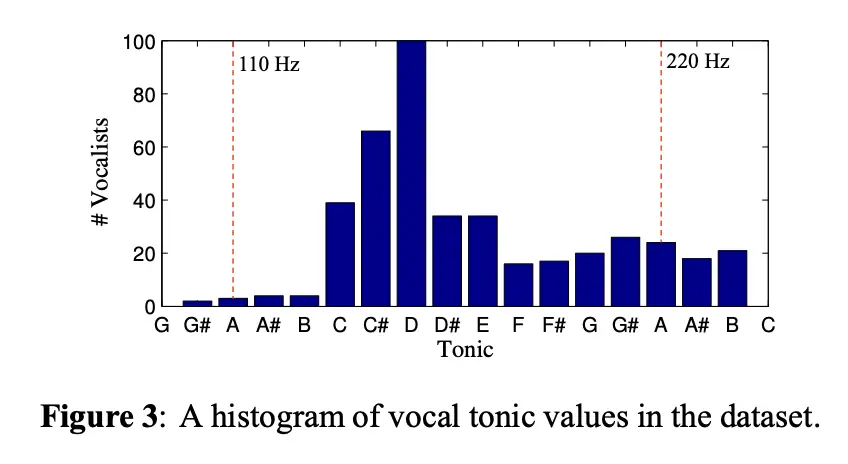
Corpora for music information research in indian art music
A Srinivasamurthy, GK Koduri, S Gulati, V Ishwar, X Serra
Proc. of Int. Computer Music Conf., Sound and Music Computing Conf., Athens, 2014
Research corpora are representative collections of data and are essential to develop data-driven approaches in Music Information Research (MIR). We address the problem of building research corpora for MIR in Indian art music traditions...
Cited by 45
View Publication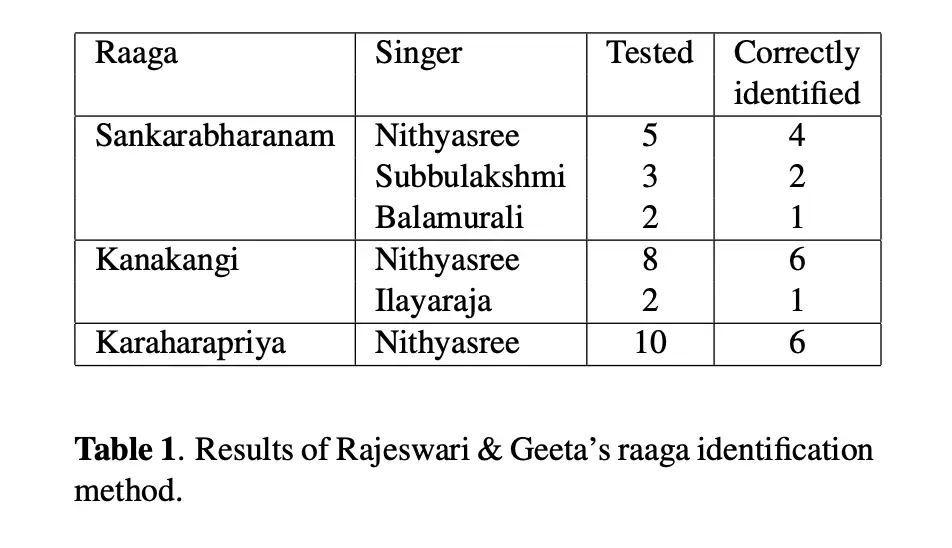
Computational Approaches for the Understanding of Melody in Carnatic Music
GK Koduri, M Miron, J Serra, X Serra
ISMIR, 263-268, 2011
The classical music traditions of the Indian subcontinent, Hindustani and Carnatic, offer an excellent ground on which to test the limitations of current music information research approaches. At the same time, studies based on these music traditions can shed light on how to solve new and complex music modeling problems.
Cited by 17
View Publication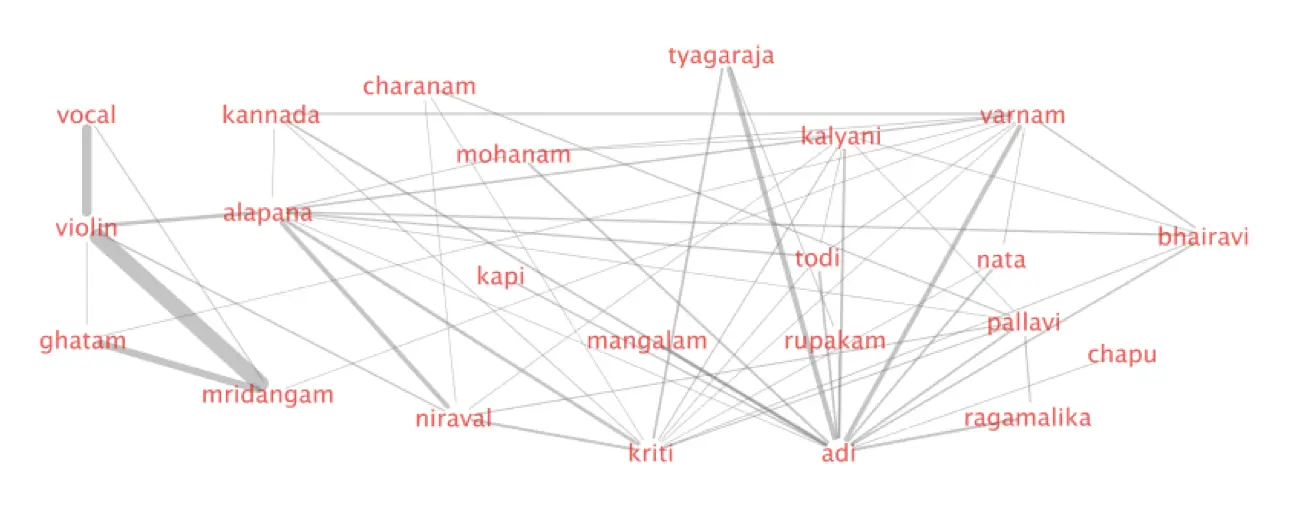
Extracting Semantic Information from an Online Carnatic Music Forum
M Sordo, J Serrà, GK Koduri, X Serra
ISMIR, 355-360, 2012
By mining user-generated text content we can obtain music-related information that could not otherwise be extracted from audio signals or symbolic score representations. In this paper we propose a methodology for extracting music-related semantic information from an online discussion forum, rasikas.org, dedicated to the Carnatic music tradition.
Cited by 12
View Publication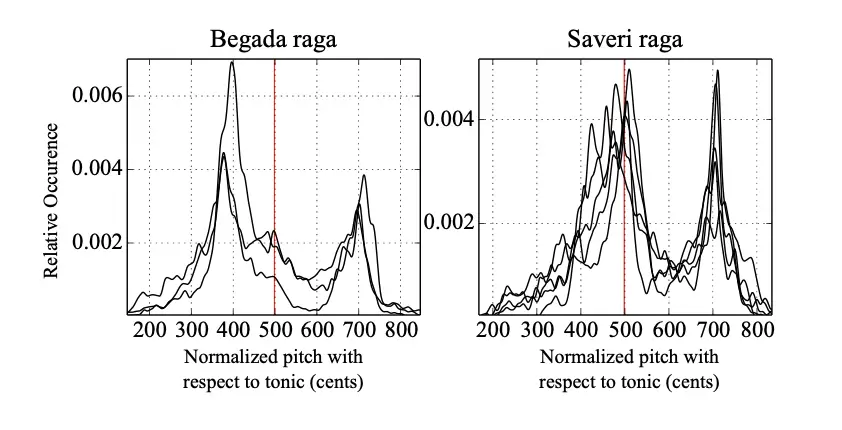
A score-informed computational description of svaras using a statistical model
S Sentürk, GK Koduri, X Serra
13th Sound and Music Computing Conference, Hamburg, Germany, 2016
Musical notes are often modeled as a discrete sequence of points on a frequency spectrum with possibly different interval sizes such as just-intonation. Computational descriptions abstracting the pitch content in audio music recordings have used this model, with reasonable success in several information retrieval tasks.
Cited by 9
View Publication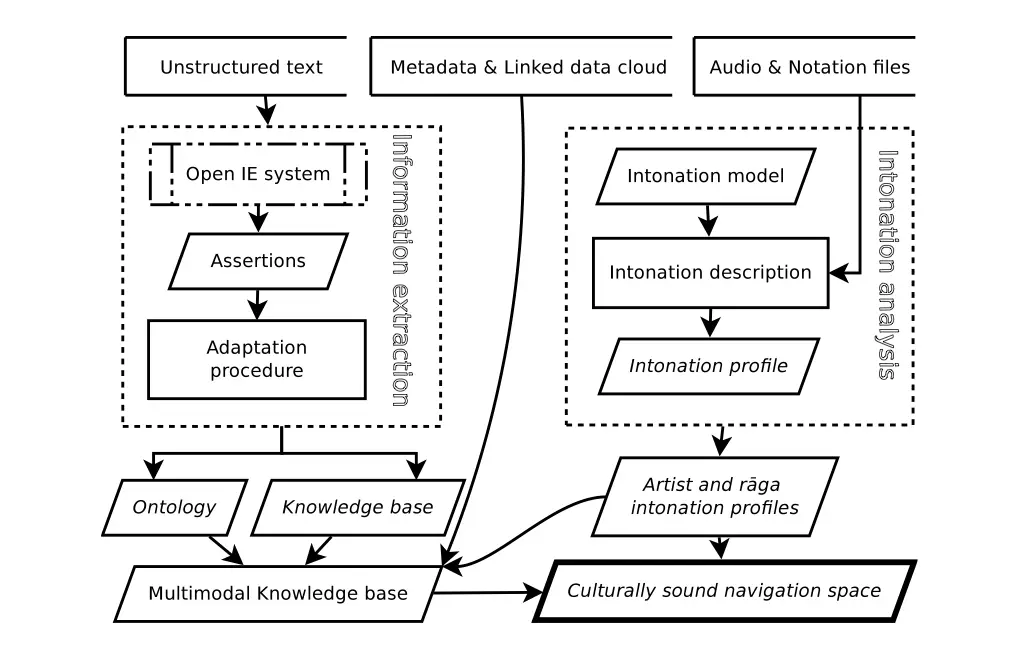
Culture-aware approaches to modeling and description of intonation using multimodal data
GK Koduri
International Conference on Knowledge Engineering and Knowledge Management, 2014
Computational approaches that conform to the cultural context are of paramount importance in music information research. The current state-of-the-art has a limited view of such context, which manifests in our ontologies, data-, cognition- and interaction-models that are biased to the market-driven popular music.
Cited by 8
View Publication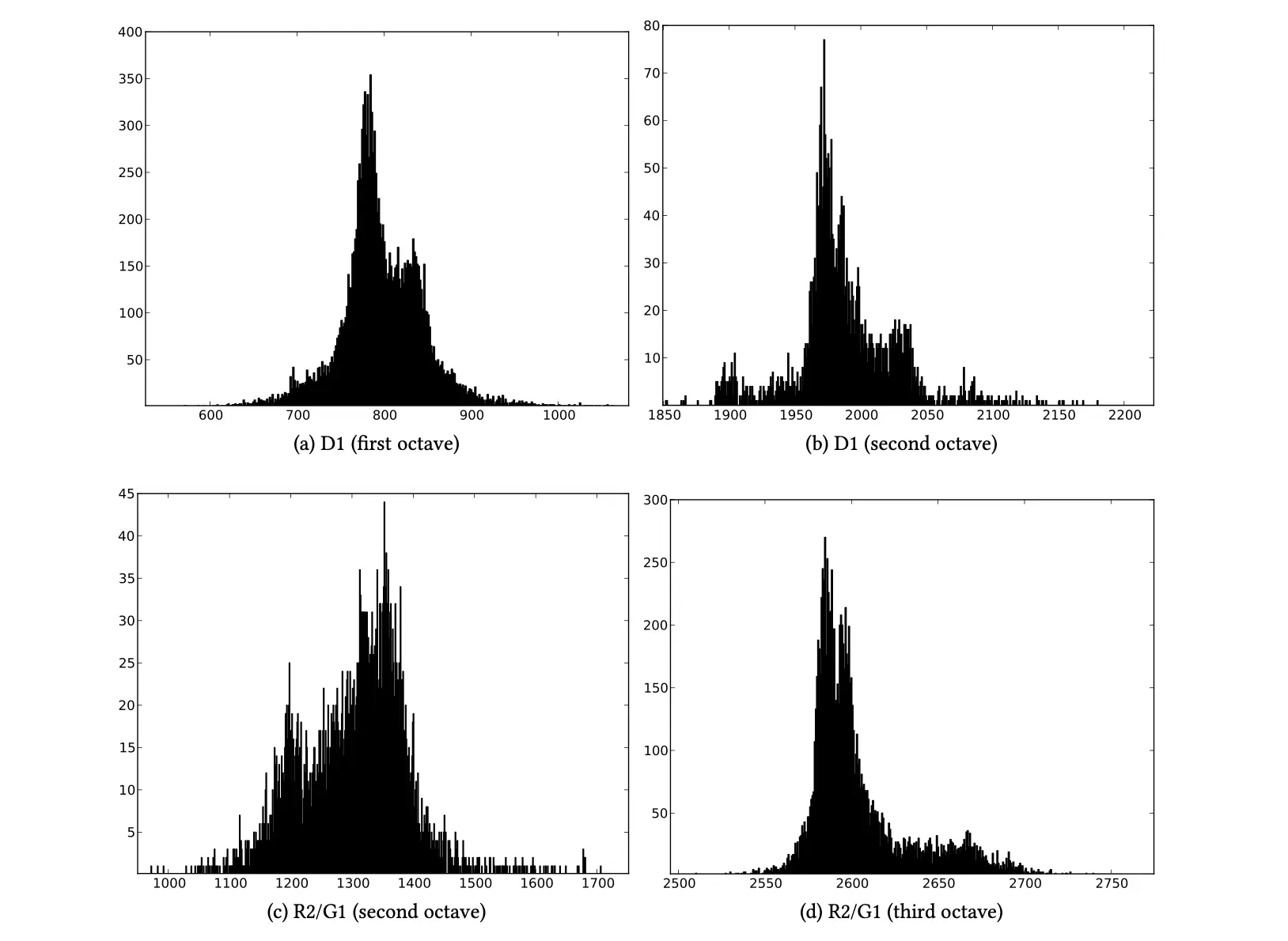
Characterization of intonation in Karṇāṭaka music by parametrizing context-based Svara Distributions
GK Koduri, J Serrà Julià, X Serra
Universitat Pompeu Fabra, 2012
Intonation is a fundamental music concept that has a special relevance in Indian art music. It is characteristic of the rāga and intrinsic to the musical expression of the performer. Describing intonation is of importance to several information retrieval tasks like the development of rāga and artist similarity measures.
Cited by 6
View Publication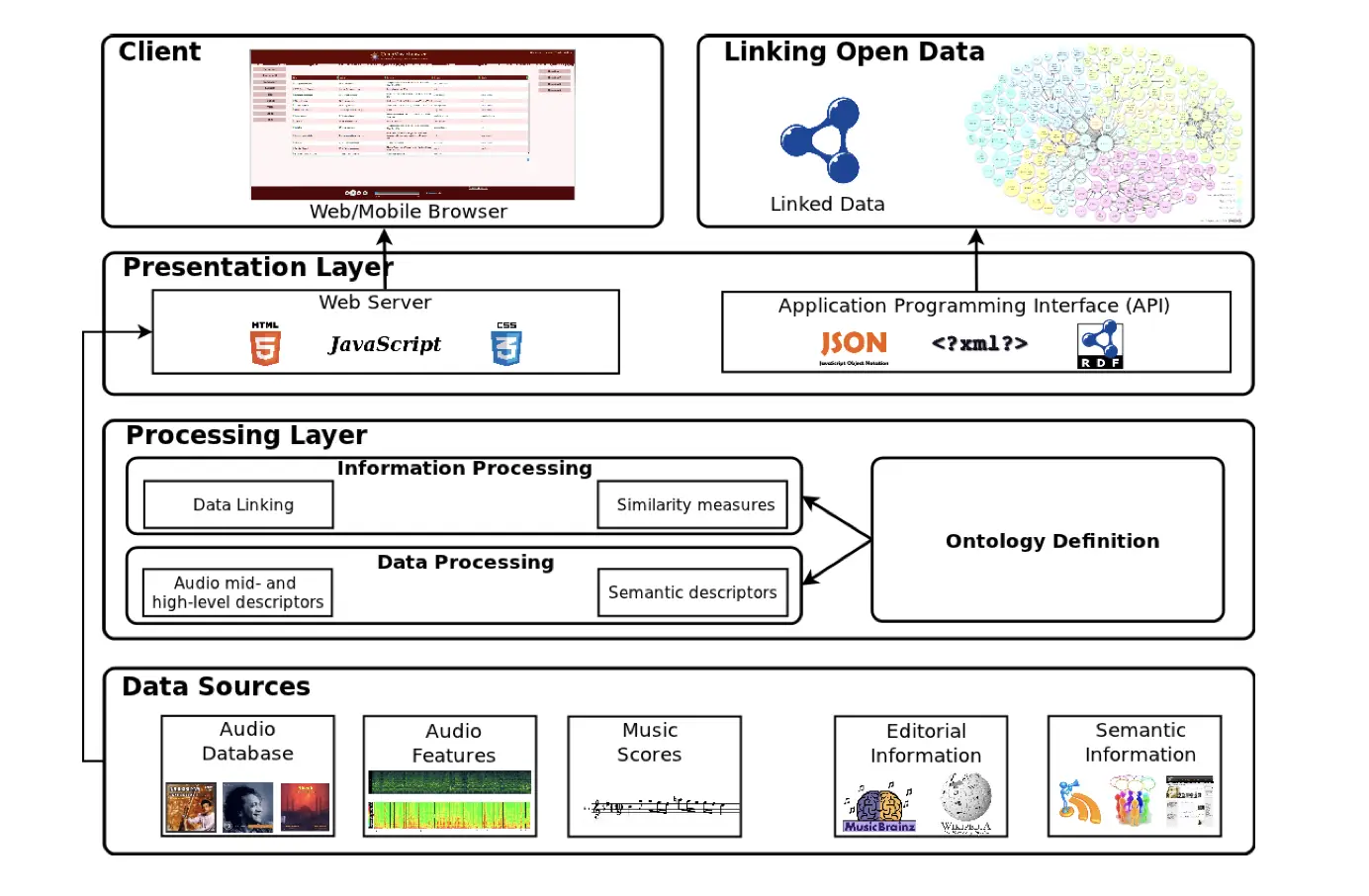
A musically aware system for browsing and interacting with audio music collections
M Sordo, GK Koduri, S Sentürk, S Gulati, X Serra
Universitat Pompeu Fabra, 2012
In the context of the CompMusic project we are developing methods to automatically describe/annotate audio music recordings pertaining to various music cultures. As a way to demonstrate the usefulness of the methods we are also developing a system to browse and interact with specific audio collections.
Cited by 6
View Publication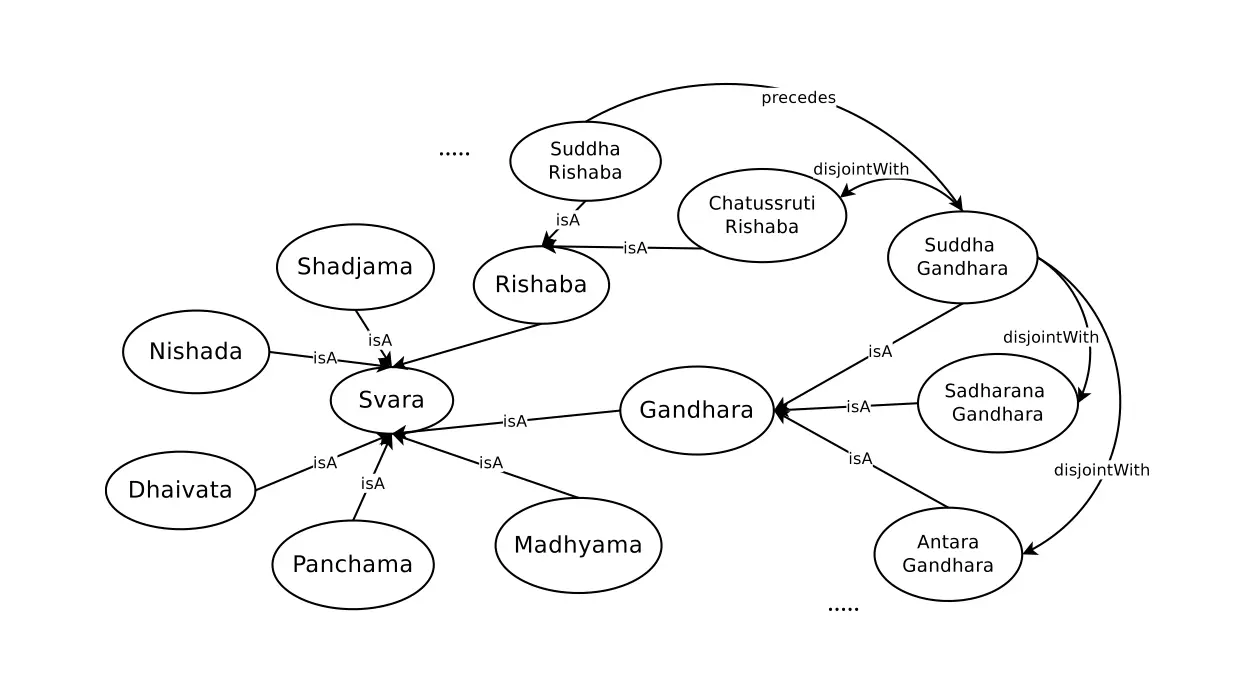
A knowledge-based approach to computational analysis of melody in Indian art music
GK Koduri, X Serra
International Workshop on Semantic Music and Media colocated with, 2013
Knowledge representation technologies developed in the semantic web context can be utilized to bridge the gap between music information research and disciplines like musicology and music theory. This will greatly enhance the impact they have on each other.
Cited by 4
View Publication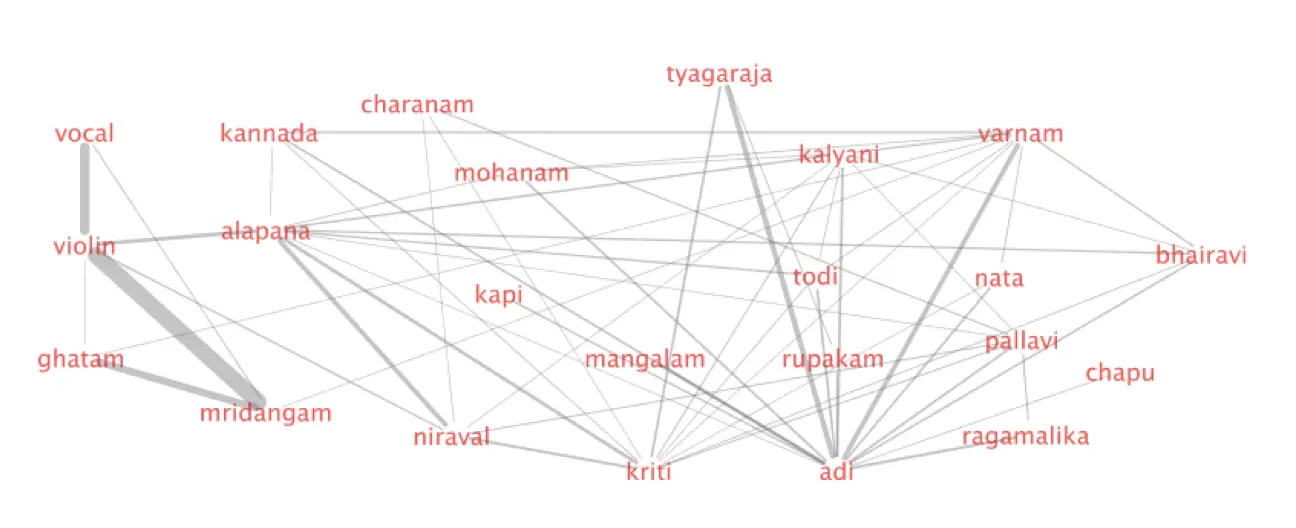
A method for extracting semantic information from on-line art music discussion forums
M Sordo, J Serrà Julià, GK Koduri, X Serra
Universitat Pompeu Fabra, 2012
In this paper a method for extracting semantic information from online music discussion forums is proposed. The semantic relations are inferred from the co-occurrence of musical concepts in forum posts, using network analysis.
Cited by 4
View Publication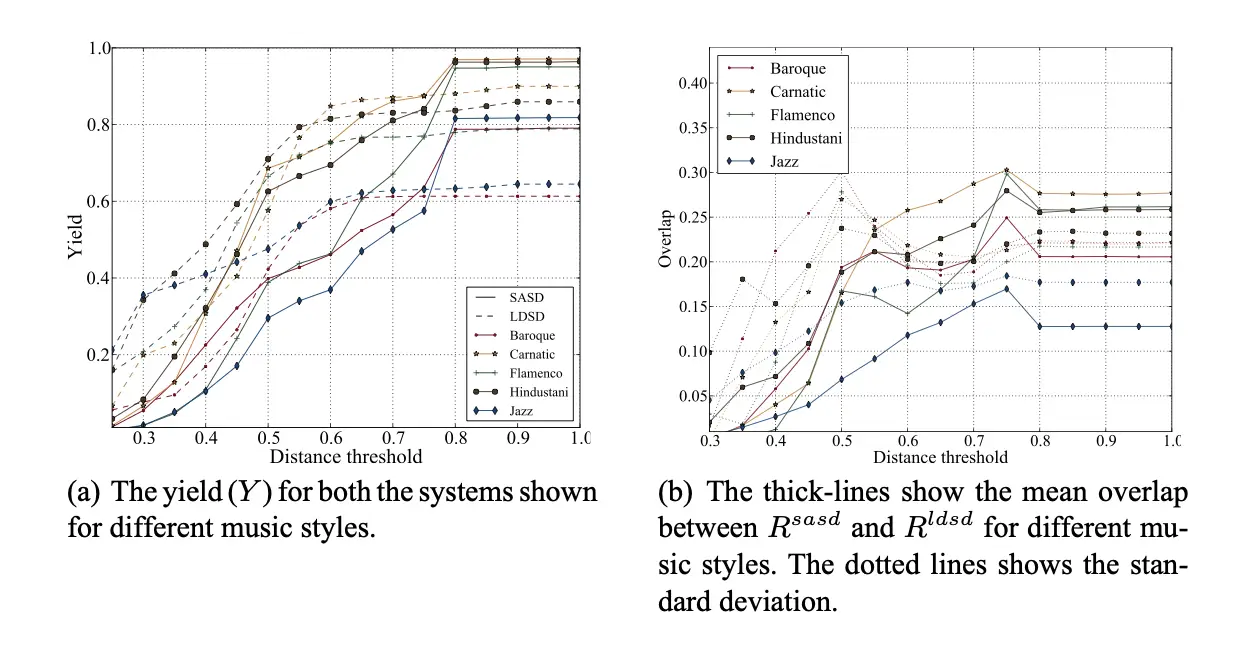
Quantifying the Salience of Musical Characteristics From Unstructured Text
GK Koduri, X Serra
N/A
Music is a discerning window to the rich diversity of the world. We hypothesize that identifying the differences between music from different cultures will lead to richer information models representative of them. Using five music styles, this paper presents a novel approach to bring out the saliences of a given music by rank-ordering its characteristics by relevance using a natural language text corpus.
Cited by 0
View Publication